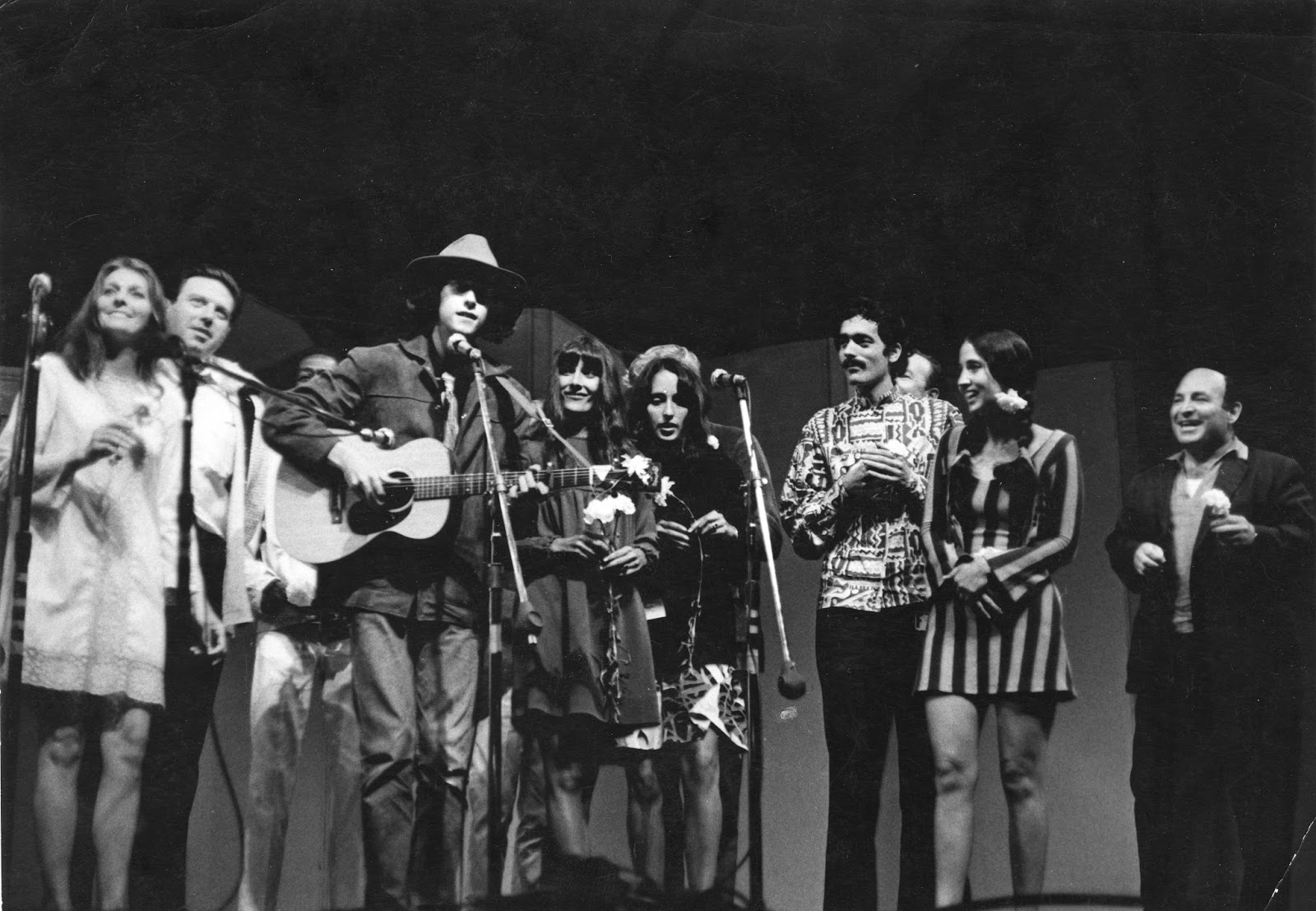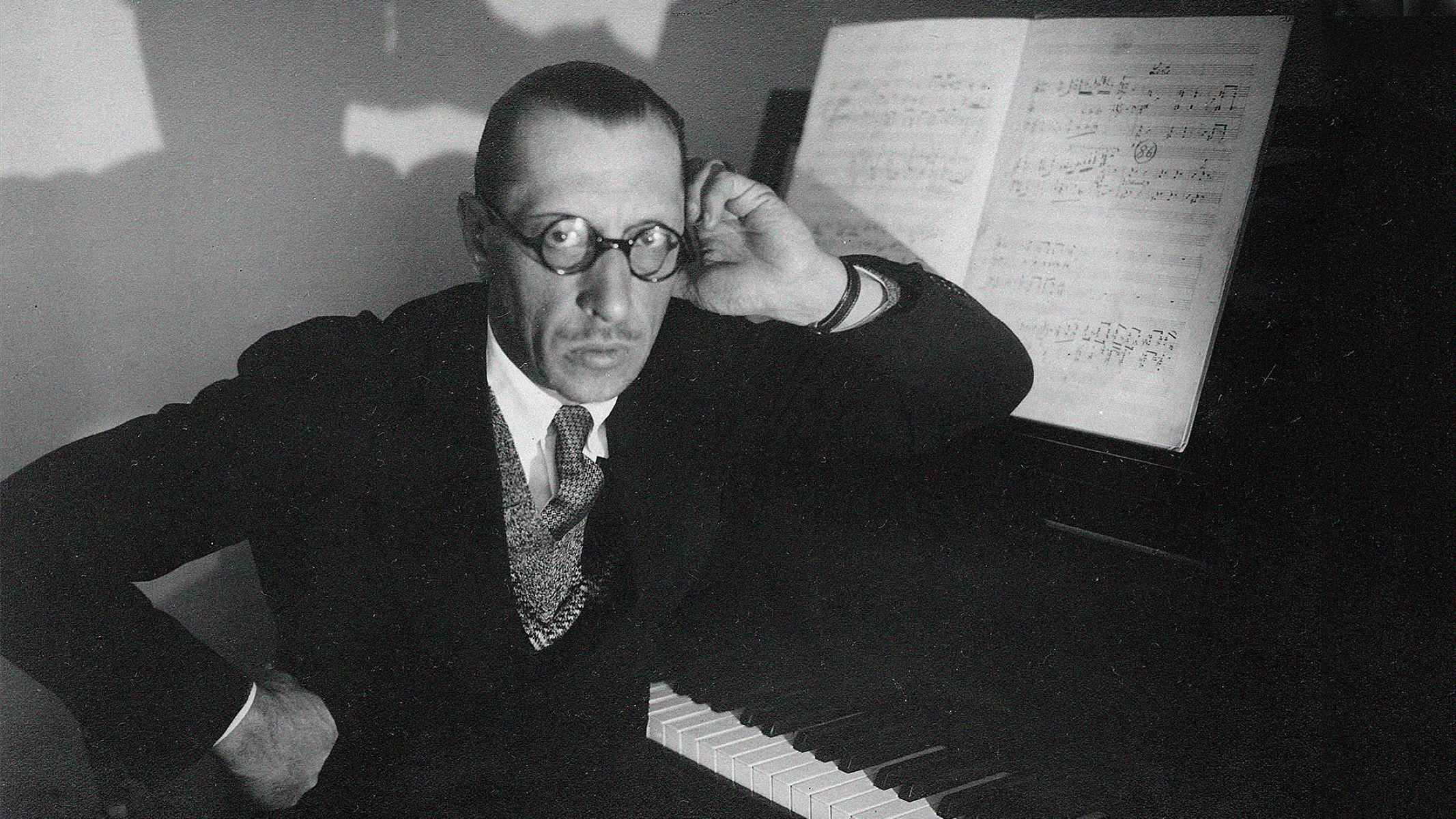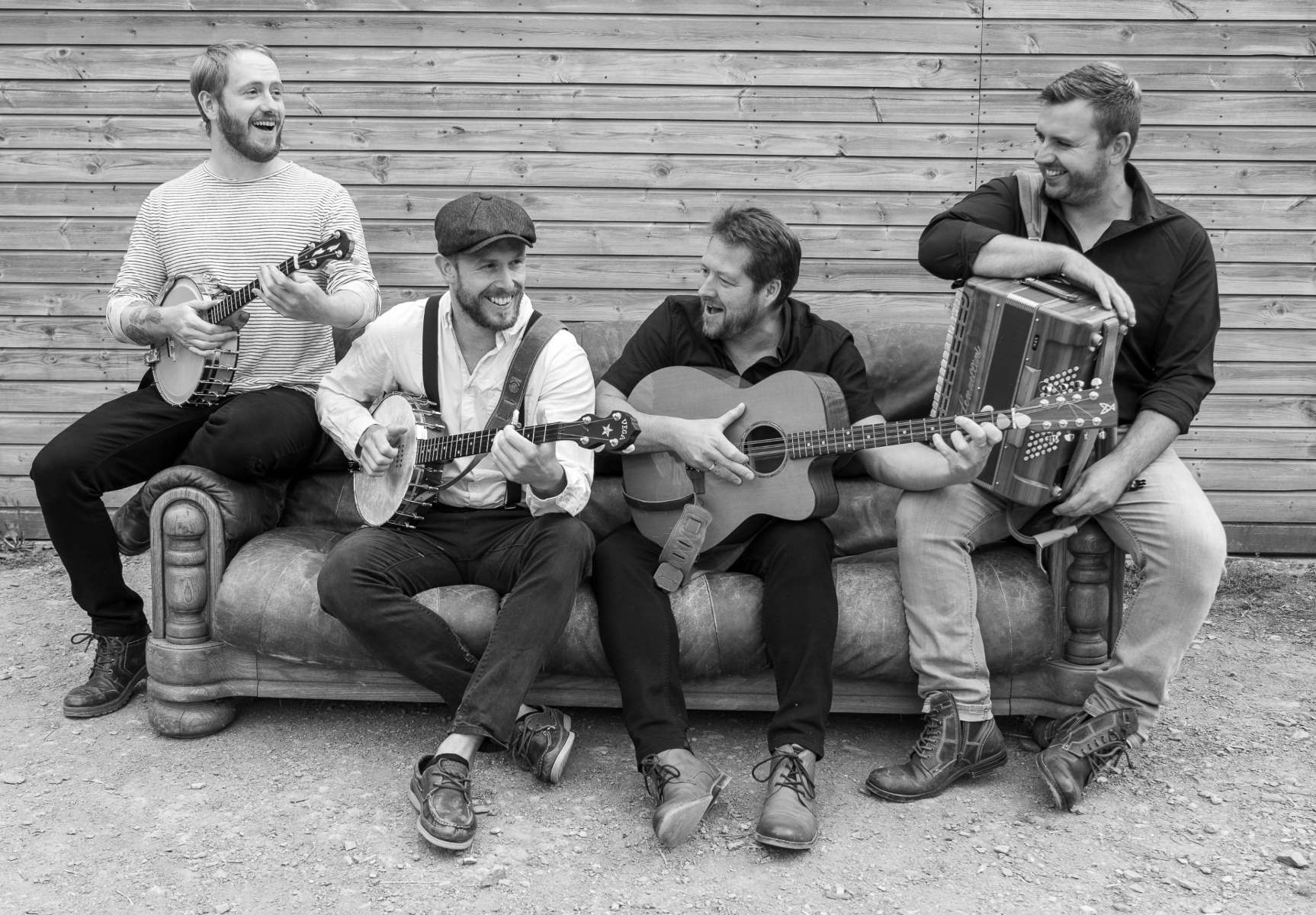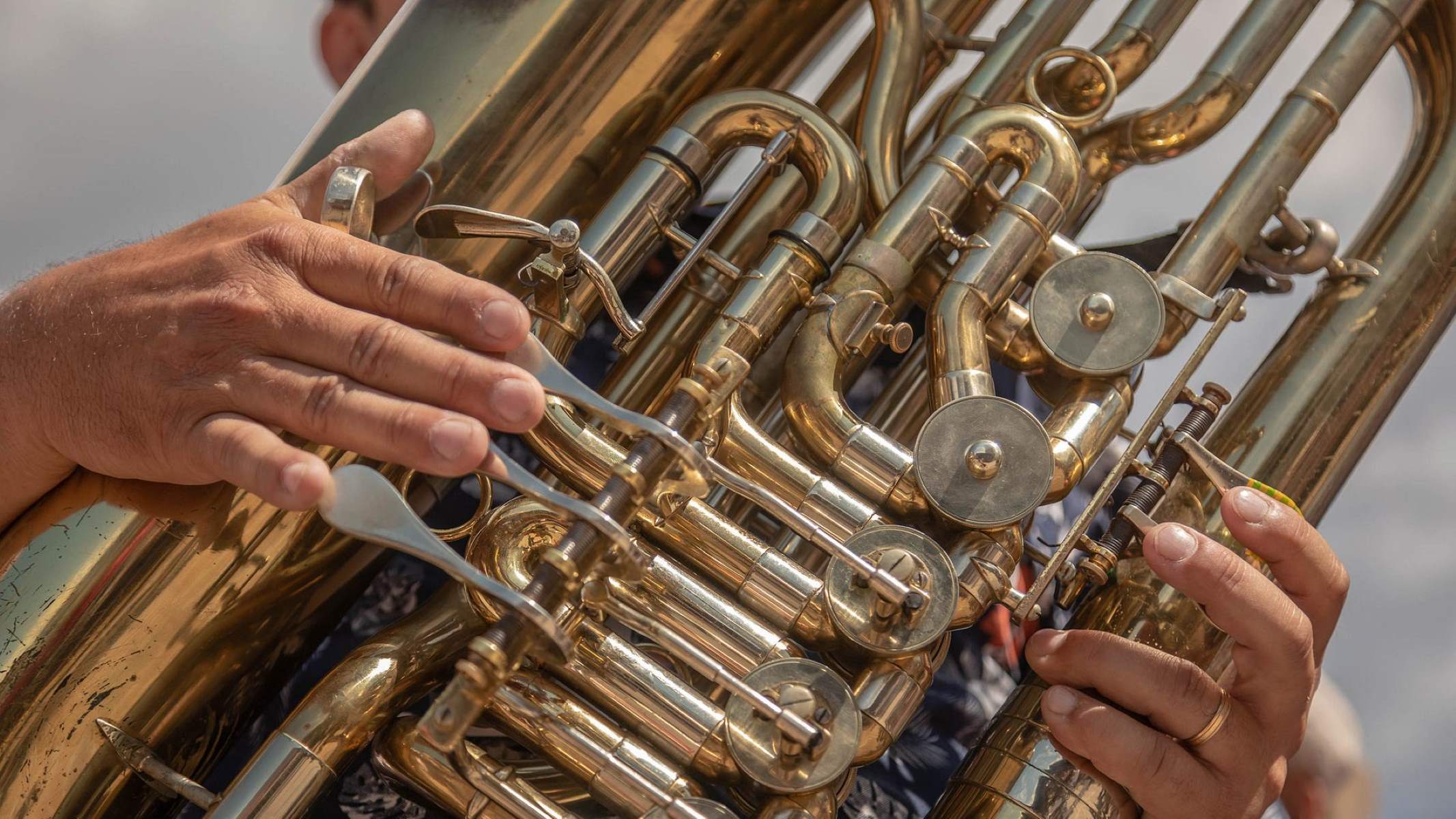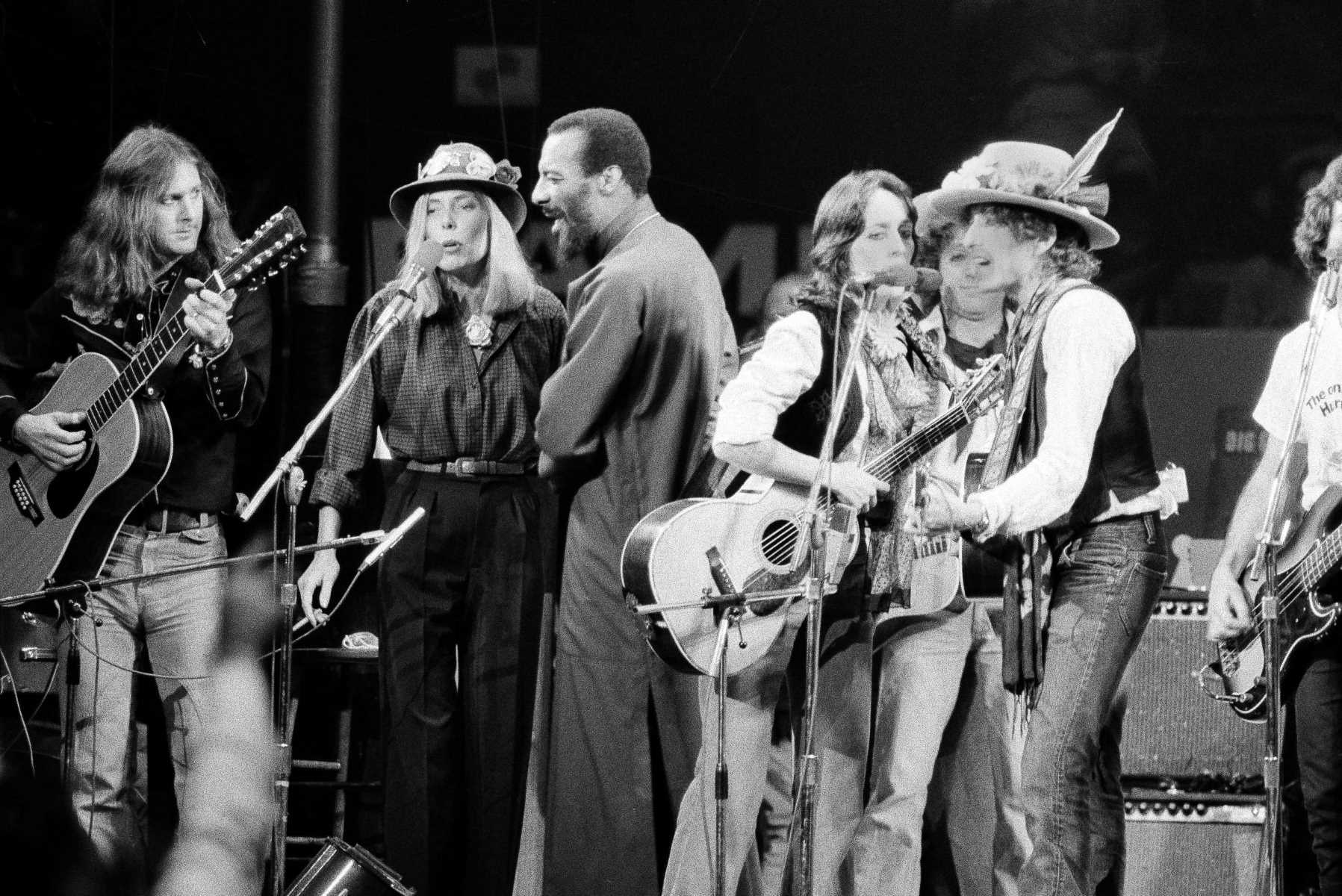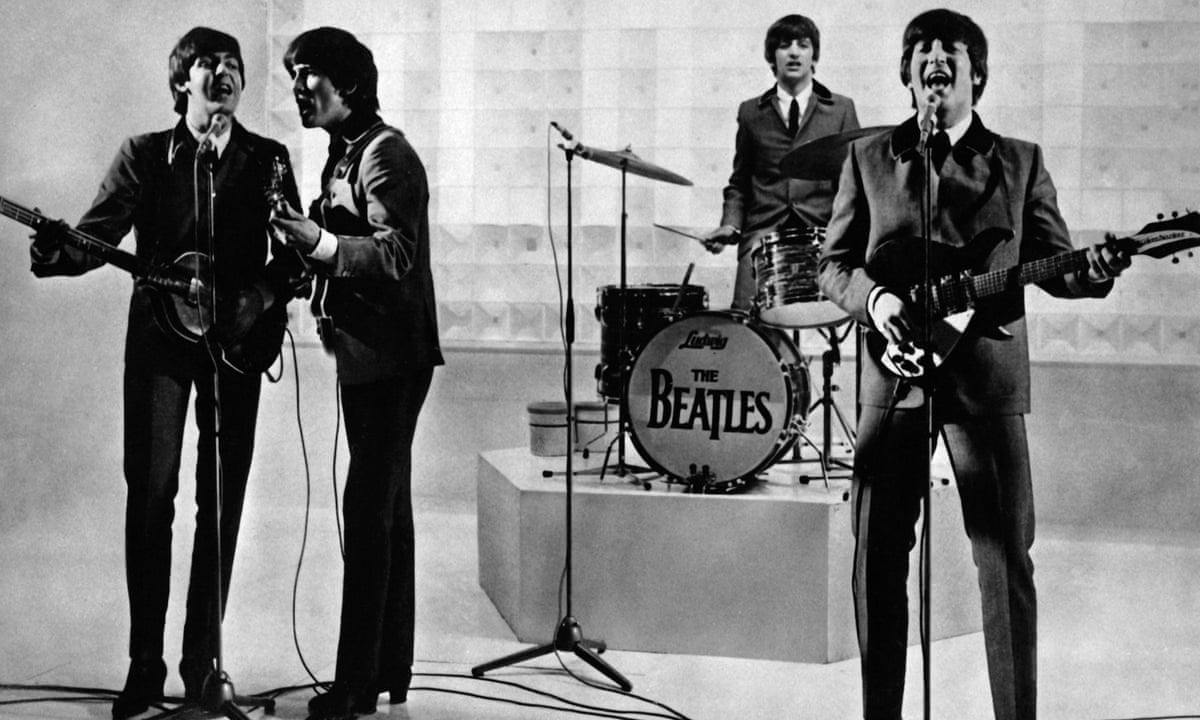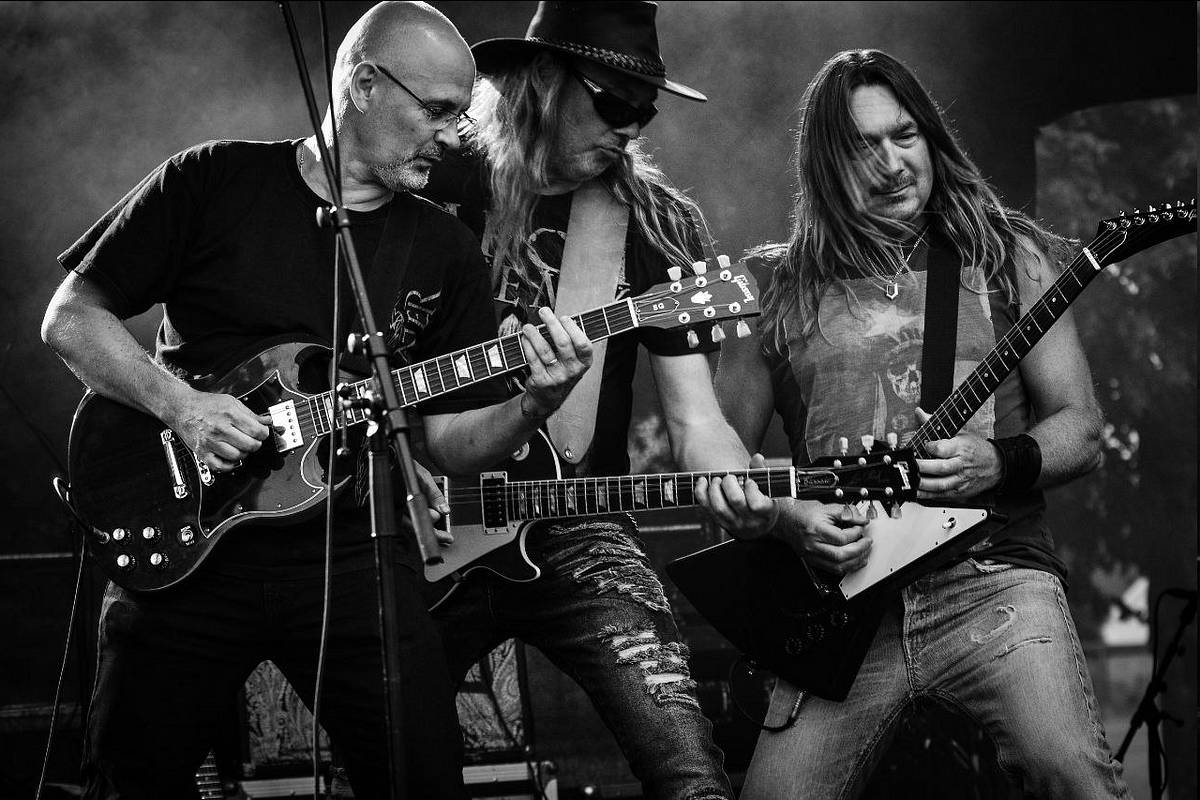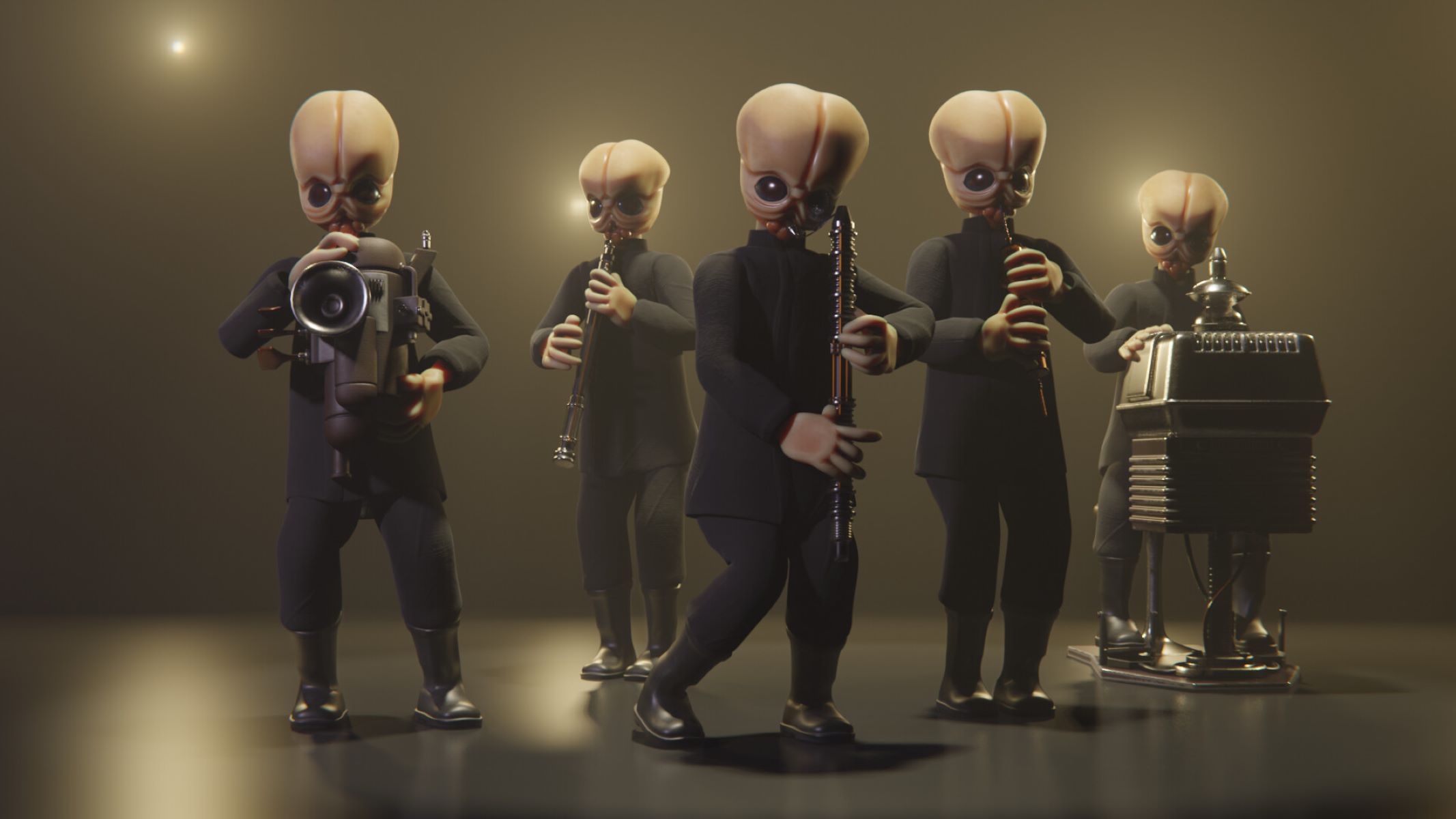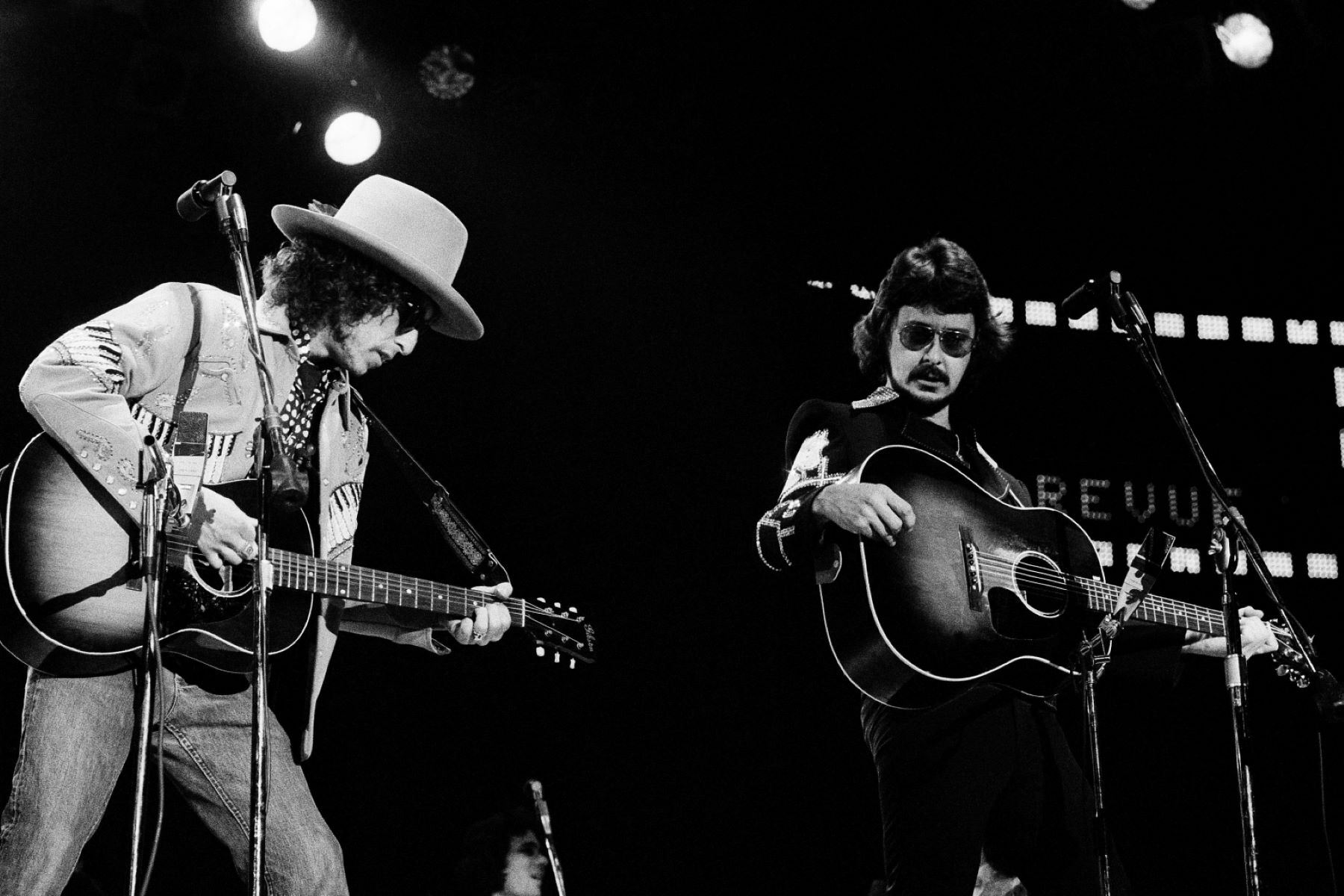Home>Genres>Folk>How Did The Vietnam War Influence Folk Music
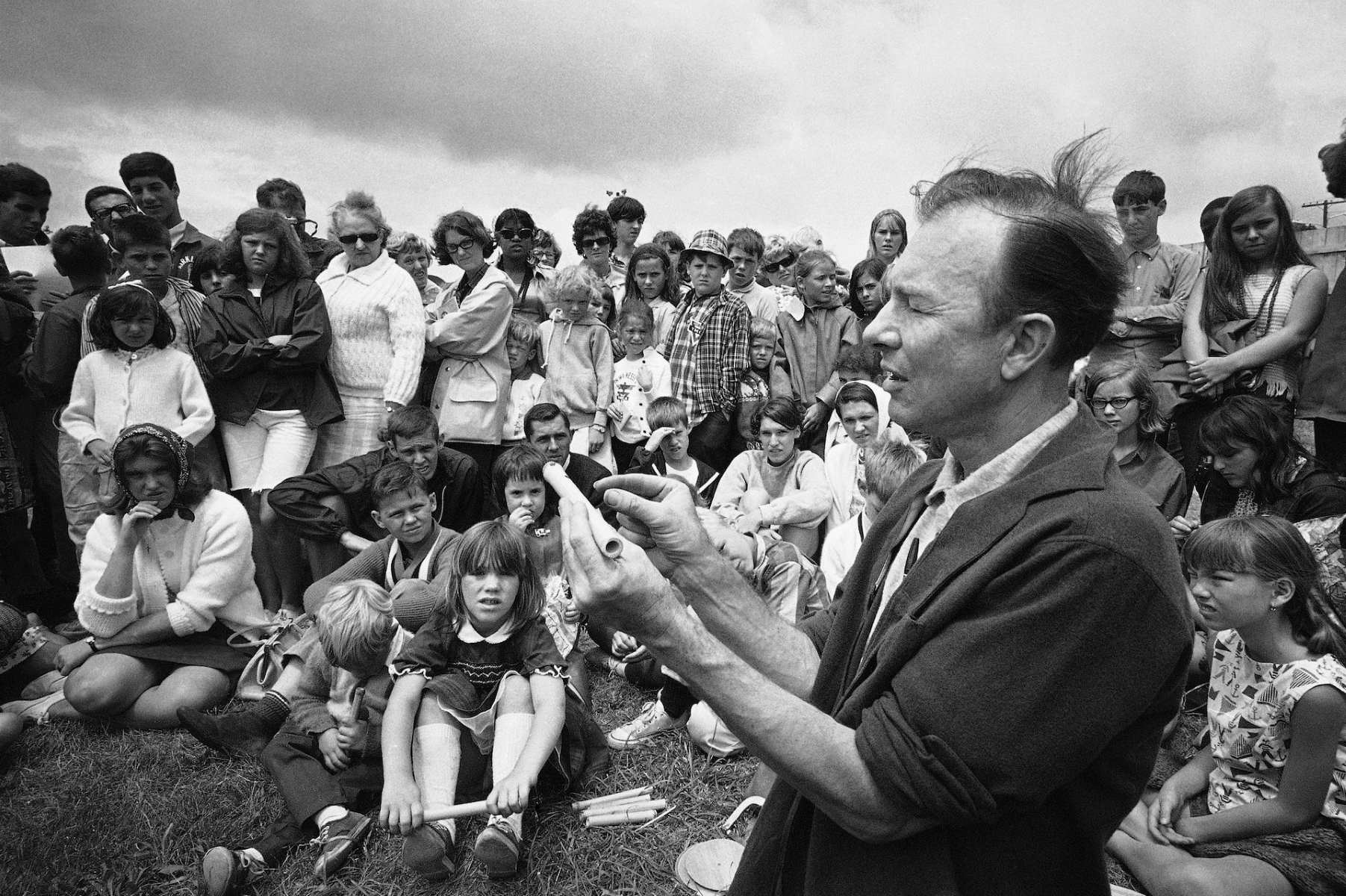

Folk
How Did The Vietnam War Influence Folk Music
Published: October 30, 2023
Discover how the Vietnam War deeply impacted folk music, from protest songs to the rise of activism and its lasting cultural influence.
(Many of the links in this article redirect to a specific reviewed product. Your purchase of these products through affiliate links helps to generate commission for AudioLover.com, at no extra cost. Learn more)
Table of Contents
Introduction
The Vietnam War, which took place from 1955 to 1975, was a period of significant turmoil and social unrest. As the conflict raged on, artists and musicians turned to their craft to express their thoughts, emotions, and opposition to the war. Folk music, with its raw and introspective lyrics, became a powerful medium for conveying the anti-war sentiment and reflecting the social and political climate of the time.
During the Vietnam War, the folk music movement experienced a renaissance, as artists found inspiration in the struggle for peace and justice. This era marked a unique fusion of music and activism, giving birth to a genre known as protest music. Protest songs not only captured the anguish and disillusionment of soldiers and civilians directly affected by the war but also served as a rallying cry for a generation opposed to the conflict.
In this article, we will delve into the profound influence of the Vietnam War on folk music. We will explore how the war shaped the lyrical content, themes, and emotions expressed in folk songs. Additionally, we will discuss the impact of the Vietnam War on folk music artists and how their music resonated with wider society, ultimately helping ignite a cultural shift.
Join us on this journey as we examine the deep connection between the Vietnam War and the enduring legacy of folk music.
Historical Context of the Vietnam War
The Vietnam War, also known as the Second Indochina War, was a prolonged conflict between North Vietnam (supported by the Soviet Union and China) and South Vietnam (backed by the United States and other anti-communist allies). It was a direct result of the Cold War tensions and the spread of communism in Southeast Asia.
The war began in 1955, following the defeat of the French colonial forces in Vietnam. The country was then divided into two separate entities: the communist-led North Vietnam and the pro-Western South Vietnam. The United States, motivated by its policy of containment and fear of communism, started providing military aid and support to the South Vietnamese government.
As the war escalated, so did the anti-war sentiment. Young Americans were being drafted and sent thousands of miles away to fight in a conflict that many questioned the reasons for. The Vietnam War, with its devastating casualties and controversial tactics, became one of the most divisive issues in American society.
The draft lottery system, which randomly selected eligible young men for military service, placed an unjust burden on working-class and minority communities, resulting in widespread opposition and protests. These protests were further fueled by the publication of media coverage such as the famous photograph of a young Vietnamese girl running naked and burned after a napalm attack.
The Vietnam War also witnessed the emergence of the counterculture and the rise of the peace movement. Hippies, seeking an alternative to mainstream society, rejected war, materialism, and conformity. They called for peace, love, and equality, and found solace in folk music as a means of artistic expression and protest.
The historical context of the Vietnam War, with its complex geopolitical dynamics and the growing disillusionment of the American people, provided the backdrop for the explosion of protest music, particularly within the folk genre. This period marked a critical turning point in the relationship between music and politics, as artists found their voices in advocating for change and justice.
Rise of Protest Music
The Vietnam War and the social climate of the 1960s and 1970s gave rise to a powerful and influential genre of music known as protest music. Folk musicians, in particular, embraced their role as songwriters and activists, using their music as a tool to challenge the status quo and advocate for peace and social justice.
Protest music provided a voice for those who opposed the war and sought to bring attention to its human cost. Artists like Bob Dylan, Joan Baez, and Pete Seeger became synonymous with the anti-war movement, using their platforms to inspire and unite their audiences.
These musicians drew inspiration from the traditional folk music of the past, which often served as a means to document social injustices and bring about societal change. They combined this tradition with contemporary influences, such as rock and roll and blues, to create a potent sound that resonated with the younger generation.
One of the most iconic protest songs of the era was Bob Dylan’s “Blowin’ in the Wind.” Released in 1962, the song’s simple yet profound lyrics posed philosophical questions about war, freedom, and equality. With its timeless message, it became an anthem for the peace movement and a powerful symbol of resistance.
Joan Baez, known for her soaring vocals and passionate performances, used her platform to shed light on the injustices of the war. Her rendition of “Where Have All the Flowers Gone” became a powerful lament for the lives lost in the conflict, evoking a sense of mourning and sorrow.
Pete Seeger, a folk icon in his own right, used his music to rally individuals to stand up against injustice. His songs, such as “Waist Deep in the Big Muddy” and “Bring Them Home,” challenged the government’s actions and urged citizens to question the motives behind the war.
Protest music was not limited to well-known artists; it flourished in coffeehouses, campuses, and grassroots gatherings across the country. It provided a platform for aspiring musicians and activists to share their own stories and perspectives. The folk music scene became a breeding ground for creativity and political discourse, fostering a sense of community and unity among those seeking change.
The rise of protest music during the Vietnam War era reveals the enduring power of music as a medium for social commentary and activism. It served as a collective voice for a generation that was disillusioned by the war and deeply committed to promoting peace and justice. The impact of these songs would extend far beyond their time, influencing future generations and shaping the landscape of music as a force for change.
Themes in Vietnam War Folk Music
Vietnam War folk music was characterized by its powerful and emotional themes that reflected the sentiments of the time. The lyrics often tackled various aspects of the war, addressing both the personal and political implications. Here, we explore some of the prevalent themes found in the folk songs of this era.
1. Anti-War Sentiment: One of the central themes in Vietnam War folk music was a resounding opposition to the war itself. Songs like “Fortunate Son” by Creedence Clearwater Revival and “What’s Going On” by Marvin Gaye captured the growing disillusionment with the conflict, criticizing the government and expressing outrage over the draft and the disproportionate burden placed on the working class.
2. Human Cost and Loss: Many folk songs addressed the human toll of the war, emphasizing the loss of life and the suffering endured by soldiers and civilians. Songs like “The Universal Soldier” by Buffy Sainte-Marie and “Billy Don’t Be a Hero” by Paper Lace emphasized the tragic consequences of war and the emotional trauma experienced by those involved.
3. Protest and Activism: Folk music served as a rallying cry for activism and a call to action. Artists like Phil Ochs and Country Joe McDonald wrote songs that directly challenged the war and urged individuals to take a stand against it. The iconic “I-Feel-Like-I’m-Fixin’-to-Die Rag” by Country Joe and the Fish became an anthem of protest, urging people to question authority and demand change.
4. Peace and Reconciliation: Amidst the chaos and violence, folk songs offered a vision of peace and reconciliation. Songs like John Lennon’s “Imagine” envisioned a world free from conflict and division, promoting unity and understanding. They offered a glimpse of hope and inspired individuals to strive for a better future.
5. Veterans’ Experiences: Folk music also provided a platform for veterans to share their stories and experiences. Songs like Bruce Springsteen’s “Born in the USA” and “I Was Only 19” by Redgum shed light on the struggles faced by returning veterans, tackling issues such as post-traumatic stress disorder (PTSD) and the difficulties of readjusting to civilian life.
These themes in Vietnam War folk music captured the complexity and diversity of emotions surrounding the conflict. They served as a means of catharsis, giving voice to the pain, disillusionment, and hope of a generation deeply affected by war. The power of these songs lay in their ability to provoke thought, inspire action, and create a sense of solidarity among those seeking peace and justice.
Influence on Folk Music Artists
The Vietnam War played a significant role in shaping the perspectives and artistic output of folk music artists. It served as a catalyst for their creative expression and pushed them to use their music as a vehicle for social and political commentary. Here, we explore the profound influence of the war on folk music artists.
The Vietnam War sparked a sense of urgency and purpose in folk musicians, prompting them to engage with the issues of the time. Artists like Bob Dylan, Joni Mitchell, and Neil Young incorporated the war and its impact into their songwriting, infusing their music with powerful narratives and authentic emotions. They used their platforms to shed light on the human cost of war and to challenge the government’s actions.
For many folk music artists, the war became deeply personal. Some had friends or family members who were drafted or served in Vietnam, while others witnessed the anti-war movement firsthand. These experiences fueled their dedication to amplifying the voices of those affected by the conflict.
Bob Dylan, known for his poetic lyrics and storytelling prowess, wrote songs that questioned authority and encouraged critical thinking. His albums like “The Times They Are a-Changin'” and “Bringing It All Back Home” tackled war and injustice, inspiring a generation to question the status quo and strive for a better world.
Similarly, Joni Mitchell’s album “Ladies of the Canyon” featured the poignant track “Woodstock,” which became an anthem for the peace movement. Mitchell’s evocative lyrics captured the spirit of the era, invoking a sense of communal longing for a more peaceful and harmonious society.
Neil Young’s album “After the Gold Rush” included the hauntingly beautiful song “Southern Man,” which addressed racial inequality and the deep scars left by the Vietnam War. Young’s raw, emotive vocals and thought-provoking lyrics made him a prominent voice against the war and a beacon for social change.
The Vietnam War also influenced the production and recording techniques of folk music. Artists sought to align their sound with the rawness and authenticity of the anti-war movement. They embraced simplicity, acoustic instrumentation, and stripped-down production to convey their message in a direct and intimate manner.
Folk music artists of the Vietnam War era used their songs as a means of empathy, connecting with listeners on a profound level. They expressed the collective frustrations, fears, and hopes of a generation grappling with the complexities of war. Their influence extended well beyond the confines of the music industry, shaping public opinion and inspiring others to take a stand against injustice.
The Vietnam War profoundly impacted folk music artists, prompting them to reassess their roles as artists and using their platform to promote peace, justice, and social change. Their dedication to speaking truth to power and their ability to capture the essence of a complex era left a lasting legacy on the genre and on the wider cultural landscape.
Impact on Society and Cultural Shift
The Vietnam War had a profound impact on society, igniting widespread protests and leading to a cultural shift that reverberated far beyond the battlefield. Folk music played a crucial role in shaping public opinion and galvanizing a generation to question authority and pursue social change. Here, we explore the impact of the Vietnam War on society and the resulting cultural shift.
The war created a deep divide in American society, with the anti-war movement gaining significant momentum. Vietnam War folk music served as the soundtrack for this movement, providing a voice for those opposing the war and rallying individuals to action. Songs like “The Times They Are a-Changin'” by Bob Dylan and “Give Peace a Chance” by John Lennon became anthems of the peace movement and united people in their call for an end to the war.
Folk music became a unifying force, bringing together individuals from different backgrounds and political ideologies. It provided a platform for dialogue and shared experiences, fostering a sense of community and empathy among those dedicated to opposing the war. Coffeehouses, folk festivals, and campus gatherings became spaces for like-minded individuals to connect and organize.
The impact of Vietnam War folk music extended beyond the immediate anti-war movement. It contributed to a broader cultural shift, challenging traditional values and amplifying the voices of marginalized communities. Artists explored themes of social justice, equality, and the power of grassroots activism, encouraging a new generation of individuals to question authority and work towards positive change.
The war also led to a rethinking of America’s role in the world and its foreign policy. Vietnam War folk music served as a catalyst for critical examination of the government’s actions, fostering a spirit of skepticism and a demand for transparency in political decision-making. The music galvanized people to engage with issues beyond the immediate conflict, sparking conversations about civil rights, social inequality, and environmental activism.
The cultural shift sparked by the Vietnam War and its impact on folk music extended far beyond the 1960s and 1970s. The anti-war movement and the music that defined it laid the groundwork for subsequent social and political activism, influencing future generations and shaping the course of history. It served as a reminder of the power of music and art to inspire change and foster collective action.
The legacy of Vietnam War folk music is still visible today. Artists continue to be inspired by this era, using their music to address contemporary issues and promote social justice. The cultural impact of the Vietnam War and its influence on folk music serves as a testament to the enduring power of art to shape perceptions, challenge norms, and inspire generations to work towards a more just and peaceful world.
Legacy of Vietnam War Folk Music
The legacy of Vietnam War folk music is far-reaching, leaving an indelible mark on both the music industry and society as a whole. The powerful songs and messages created during this era continue to resonate with audiences, inspiring new generations of artists and activists. Here, we explore the lasting impact and enduring legacy of Vietnam War folk music.
1. Perpetuating Social Consciousness: Vietnam War folk music played a pivotal role in raising social consciousness and instigating conversations about war, justice, and activism. These songs not only reflected the turbulent times but also served as a call to action, urging individuals to question authority and work towards a more equitable society. The legacy of this music lies in its ability to evoke empathy, challenge perspectives, and inspire change.
2. Influencing Musical Styles and Genres: The Vietnam War era revolutionized the music industry and led to the emergence of new styles and genres. Folk musicians blended elements of folk, rock, and blues to create a unique sound that captured the spirit of the times. This fusion laid the foundation for future musical movements such as folk-rock and singer-songwriter genres, which continue to resonate with audiences today.
3. Inspiring Activism and Advocacy: The Vietnam War folk music movement inspired a generation of activists and advocates who sought to make a difference in the world. It showed how music could be a powerful tool for social change and encouraged individuals to use their own voices and talents to challenge injustice. The legacy of Vietnam War folk music lives on in the ongoing fight for peace, justice, and human rights.
4. Documenting History and Cultural Memory: Vietnam War folk music serves as a valuable historical and cultural archive. These songs bear witness to the experiences and perspectives of those directly impacted by the war. They capture the emotions, struggles, and aspirations of soldiers, civilians, and activists during a tumultuous time. The songs continue to provide important insights into the collective memory of the war and its enduring impact.
5. Bridging Generational Divides: Vietnam War folk music has the unique ability to bridge generational divides, transcending time and connecting audiences of all ages. The enduring popularity of artists like Bob Dylan, Joan Baez, and Neil Young attests to the timeless appeal of their music. Younger generations continue to discover and appreciate these songs, forging connections with past struggles, and finding inspiration for their own activism and artistic endeavors.
6. Amplifying Voices of Marginalized Communities: Vietnam War folk music helped amplify the voices of marginalized communities and shed light on issues of social injustice. Artists used their music to address topics like racial inequality, economic disparities, and the mistreatment of veterans. Their songs provided a platform for silenced perspectives and called for a more inclusive society, leaving a lasting impact on the fight for equal rights.
The legacy of Vietnam War folk music lives on in the hearts and minds of those who experienced the era and in the timeless message of peace, justice, and activism it carries. Its impact extends beyond the realm of music, shaping the course of history and inspiring future generations to use their voices to create lasting change.
Conclusion
The Vietnam War and the protest music it inspired forever changed the landscape of folk music and American society as a whole. The war’s impact on folk music artists led to a surge of creativity and activism, resulting in powerful songs that expressed the collective voice of a generation. The themes explored in Vietnam War folk music, such as anti-war sentiment, human cost, protest, peace, and veterans’ experiences, resonated deeply with audiences and sparked important conversations about war and social change.
The influence of Vietnam War folk music extended beyond the music industry. It played a crucial role in shaping public opinion, mobilizing a movement for peace, and challenging traditional norms and values. It inspired a cultural shift, fostering an environment where critical thinking, activism, and empathy thrived. The legacy of Vietnam War folk music is evident in the ongoing fight for justice, equality, and international peace.
Today, the impact of Vietnam War folk music can still be felt. The songs continue to inspire artists across genres and serve as a reminder of the power of music as a tool for social change. The legacy of this music lives on in the songs of modern-day troubadours, who use their platforms to address contemporary issues and promote activism.
The lasting legacy of Vietnam War folk music lies not only in the timeless nature of the songs but in the enduring human spirit they embody. They remind us of the importance of questioning authority, pursuing justice, and promoting peace in the face of adversity. Through their music, folk artists created an everlasting connection between music and activism, leaving an indelible mark on history and inspiring future generations to use their art and voices to create a better world.

